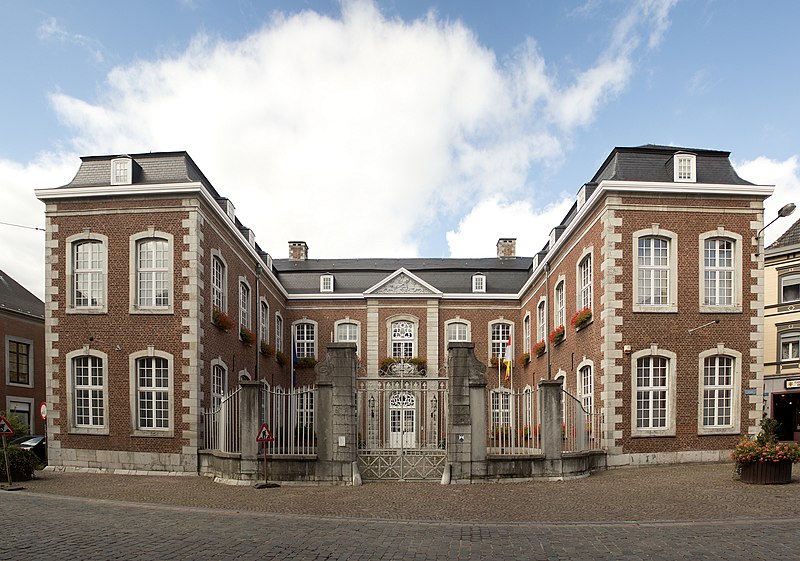
Representatives of the ProDG and CSP parties initiated exploratory talks on Monday to form a potential coalition in the German-speaking Community's parliament.
Although these two parties already have a majority, they are seeking a third coalition partner.
The German-speaking region of Belgium often receives little attention during elections. With only about 78,000 inhabitants, it does not influence the formation of the federal government as it is part of the Walloon territory and belongs to the Walloon Region. However, due to the distinct language spoken in 'Ostbelgien,' it operates as a separate federal community. The German-speaking Community enjoys the same rights as the Flemish and Walloon Communities, including its own elections, government, and prime minister.
Narrow Majority
In Sunday's elections, the regionalist ProDG, led by incumbent minister-president Oliver Paasch, emerged victorious. Paasch, who has held the position since 2014, announced his intention to first negotiate with the Christian Democrat CSP to form a government. Together, they hold 13 of the 25 seats in parliament.
"The first meeting showed that there are no insurmountable obstacles to such a coalition," a press release stated. "The two parties believe there are enough similarities on substantive issues to continue coalition talks in the coming days."
Paasch and CSP leader Jérôme Franssen aim to establish the core of a future coalition, from which further negotiations with other parties can proceed.
Potential coalition partners to increase their majority include the socialist SP, the liberal PFF, and the Greens of Ecolo. Paasch had previously ruled out forming a government with Vivant, the third-largest party, due to their stance against a more independent German community.
Both Paasch and Franssen stress the urgency of forming a government. With Belgian budget negotiations imminent, they aim to "form a government that can act for our community as soon as possible." Photo by Johan Bakker, Wikimedia commons.



































